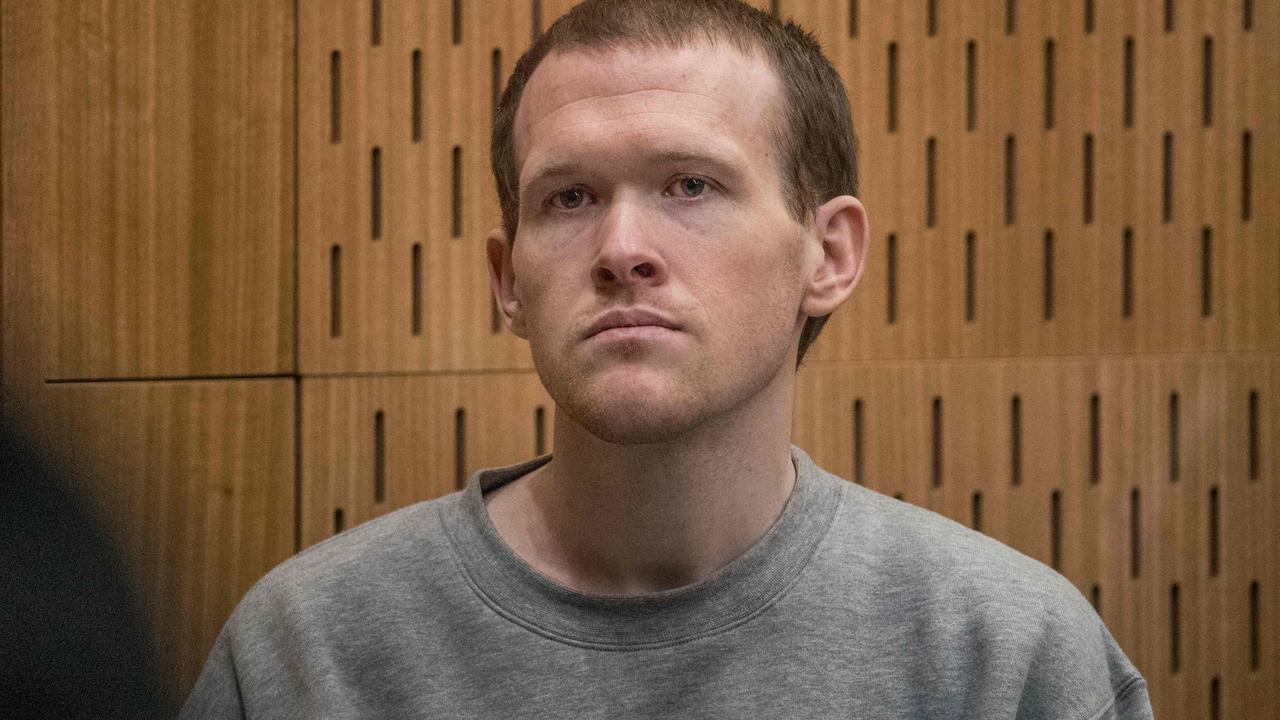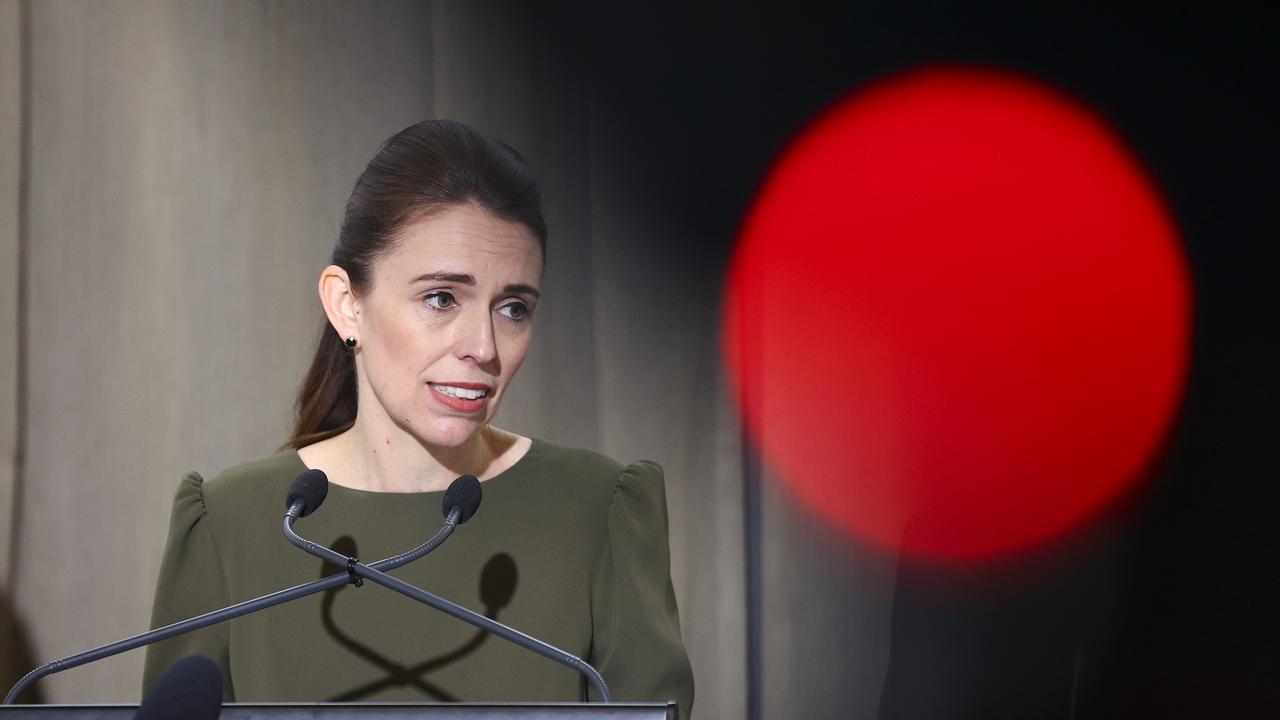Christchurch mosque terror attacks could not have been stopped, royal commission finds
An inquiry into the Christchurch mosque attacks has found that New Zealand’s security agencies had an “inappropriate” focus on Islamic extremism.
A royal commission investigating last year’s Christchurch mosque terror attacks has concluded that while New Zealand’s security agencies had an “inappropriate” focus on Islamic extremism, ultimately nothing could have been done to stop Australian white supremacist Brenton Tarrant.
The 792-page report released on Tuesday makes 44 recommendations to prevent a repeat of the March 15, 2019 attacks, which killed 51 people and left dozens more seriously wounded in the country’s worst ever mass shooting.
Tarrant was sentenced to life without parole in August, the first time such a sentence has been imposed in the country’s history.
The inquiry was launched 10 days after the attacks to investigate Tarrant’s activities, including his travel around the world, how he obtained firearms, his use of social media and how he avoided coming to the attention of authorities, the NZ Herald reports.
Commissioner Sir William Young concluded that while there were major failures in New Zealand’s gun licensing system, the attacks were not the result of failures by counter-terror agencies including the New Zealand Security and Intelligence Service and Government Communications and Security Bureau.
The report found that apart from an email sent by Tarrant to the Parliamentary Service eight minutes before he began his massacre, there was no other information available to any relevant public sector agency that “could or should have alerted them to the terrorist attack”.

Prime Minister Jacinda Ardern said while nothing could have stopped the attacks, there were still failings at a high level. “And for that I apologise,” she said.
The report did find New Zealand Police gave “insufficient attention” to whether one of Tarrant’s gaming friends, who knew about his racist beliefs, was an appropriate referee for his firearms licence, and that their administration of the system “did not meet required standards”, according to the NZ Herald.
Police Commissioner Andrew Coster “unreservedly apologised” for those failures.

Among its recommendations, the report called for the establishment of a new national security and intelligence agency that will be able to strike a balance between privacy and safety and will “understand the social licence for public sector agencies to engage in counter-terrorism and countering violent extremism activities”.
“We conclude there was an inappropriate concentration of counter-terrorism resources on the threat of Islamist extremist terrorism (ahead of the March 15, 2019 attacks,)” the report said.
Ms Ardern has committed in principle to implementing all 44 recommendations, which include making hate crime a criminal offence, creating an early intervention program to steer people away from violent extremism, and cracking down platforms like YouTube.
Al Noor Mosque imam Gamal Fouda told the NZ Herald that government agencies had failed to protect New Zealand’s Muslim community.
“Before the terror attack, I had reported suspicious people around the Deans Avenue mosque but was disappointed by the lack of action taken by police,” he said. “The report shows that institutional prejudice and unconscious bias exists in government agencies and that needs to change.”




